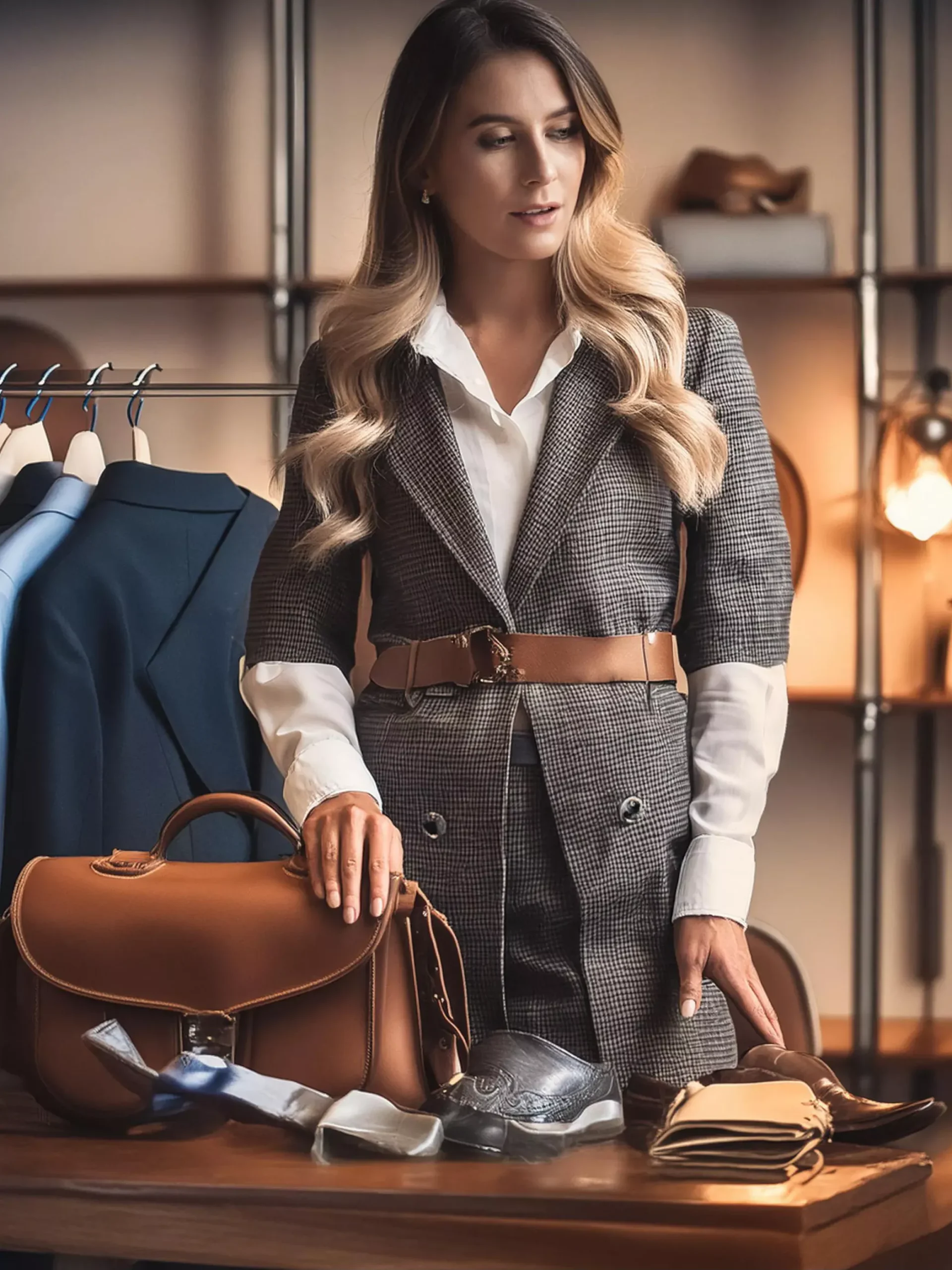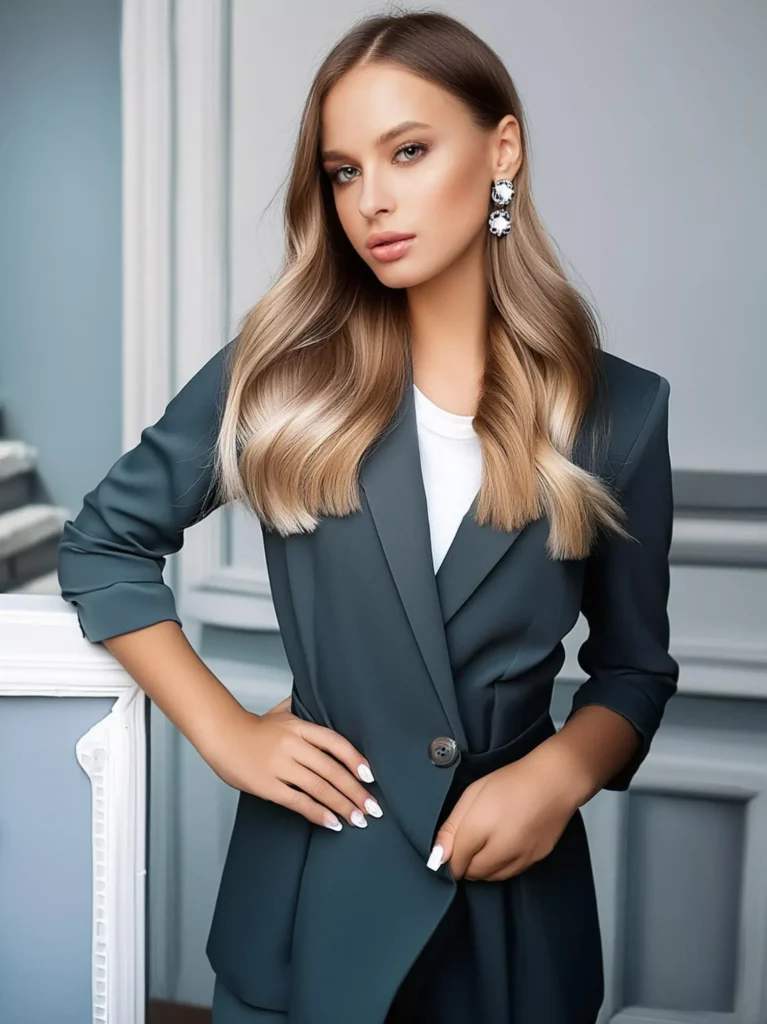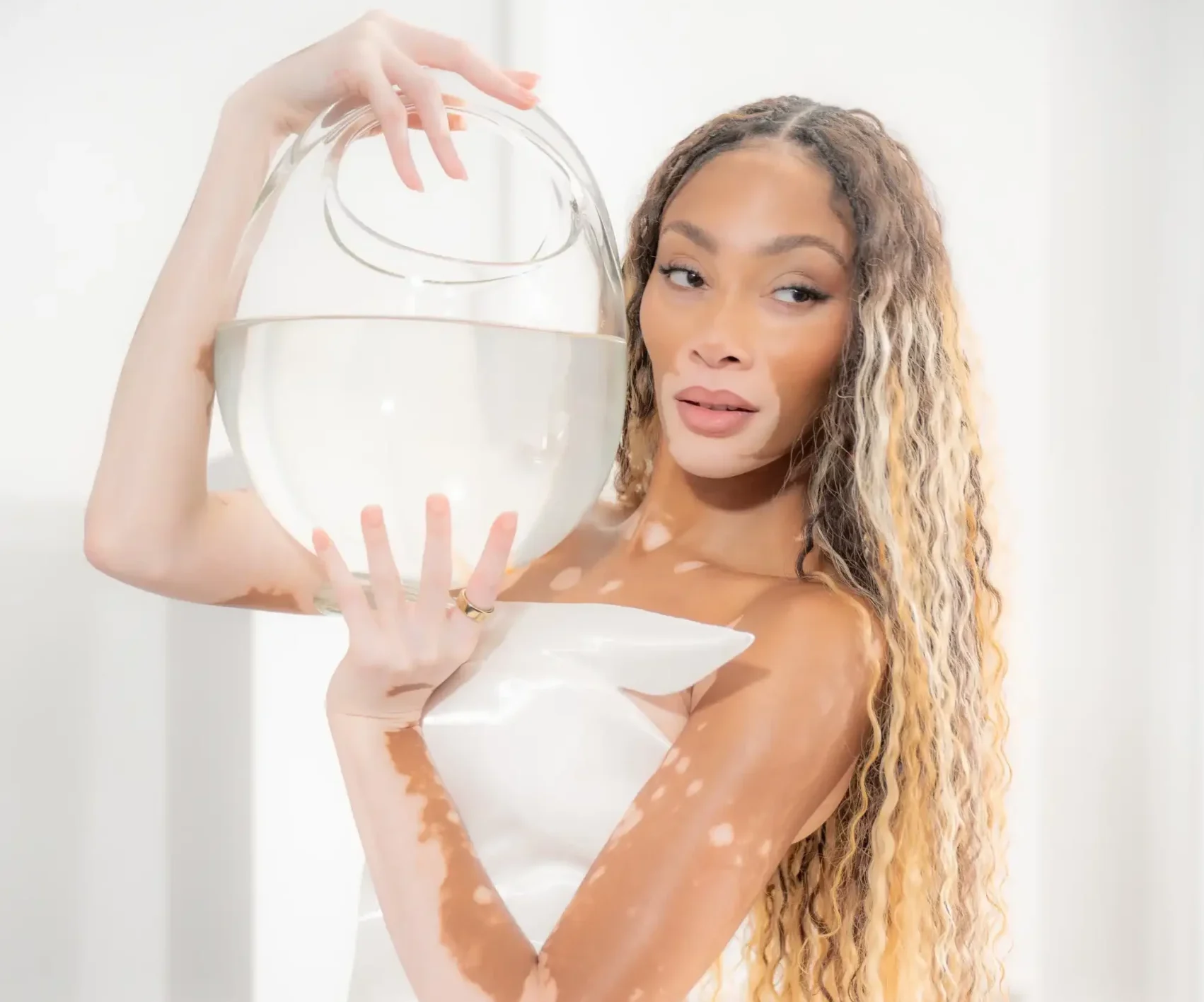The Art of Dressing
Fashion's Role in Crafting Personal Identity
The Power of Fashion - How do clothing choices reflect and shape identity?
By Prerna Vipul Kakad

Fashion is more than just the latest trends on the catwalk or the newest collections from top designers. It is a powerful form of self-expression that transcends fabric and stitching, playing a crucial role in how individuals present themselves to the world and perceive their identities. From the colours and styles people choose to the brands and accessories they favour, clothing choices are deeply intertwined with personal and cultural identities. People often use their clothes as a canvas to communicate to the world the kind of person they wish to appear, emphasising their individuality, values, and interests.
As we navigate different social spaces and contexts, attire serves as a visual language, communicating aspects such as who we are, what our values are, and what our aspirations might be. The significance of fashion in crafting personal identity can be traced back through history, where garments have been used to denote status, profession, and community affiliation.
Today, in a globalised world, fashion continues to be a dynamic and evolving medium through which individuals assert their uniqueness and align themselves with various social groups. The complex relationship between fashion and identity is multifaceted, with wardrobe choices both representing our inner selves and influencing the opinions of those around us.
The psychological and sociological facets of fashion reveal how our appearance affects our self-esteem, emotional state, and even our interactions with others. By understanding its power and using it appropriately, we can appreciate the significant role fashion plays in our lives and how it aids us in navigating the challenging terrain of identity in the modern world.
As societies evolved, so did the role of fashion. The Industrial Revolution brought about mass production, making fashionable clothing more accessible to the general public. This democratisation of fashion allowed people from different social backgrounds to express their individuality and aspirations through their attire.
The 20th century, with its rapid social changes and the rise of youth subcultures, further emphasised fashion as a tool for personal and collective identity. From the rebellious spirit of the punk movement to the elegant sophistication of haute couture, fashion became a medium for both conformity and rebellion. On a psychological level, clothing has a profound impact on how we feel about ourselves and how we are perceived by others. The concept of “enclothed cognition” suggests that the clothes we wear can influence our psychological state and behaviour.

For instance, wearing professional attire can boost our confidence and improve our performance in work settings, while casual or athletic wear might make us feel more relaxed and active. Moreover, our clothing choices can serve as a form of self-affirmation, reinforcing our self-concept and helping us to embody the traits we wish to project. Thus, people often choose outfits that align with their personal values and aspirations, whether it be a tailored suit that exudes professionalism or a bohemian dress that reflects a free-spirited nature.
From a sociological perspective, fashion plays a crucial role in forming and maintaining group identities. Through our clothing choices, we align ourselves with certain social groups and distinguish ourselves from others. This can be seen in the way fashion trends emerge within specific subcultures, such as the goth or hip-hop communities, where distinct styles of dress become symbols of group membership and solidarity. Fashion also serves as a medium for social commentary and change. Designers often use their collections to challenge societal norms and address issues such as gender, race, and sustainability. The rise of gender-neutral fashion, for example, reflects a growing movement towards inclusivity and the breaking down of traditional gender roles.
As we move forward, the connection between identity and fashion will only deepen. Technological innovations like wearables and sustainable materials are already changing our perception of and interactions with fashion. Furthermore, the growing significance of social media and digital identities means there is a greater convergence than ever before between our online personalities and fashion choices.
Fashion is a potent and versatile medium for shaping and expressing our identities. By comprehending its historical, psychological, and sociological aspects, we can recognise the significant influence that our wardrobe decisions have on both our lives and the world around us. Whether through striking declarations or subtle details, the art of clothing will always reflect who we are and who we aspire to be.
Fashion is an effective way to express oneself. When you dress in a way that feels true to who you are, your personality and values shine through. Your confidence can be greatly increased by being authentic because you are showcasing a genuine version of yourself. Dressing in a way that showcases your originality and strengthens your sense of worth can make you feel exceptional and self-assured.
With the right clothes, you can dramatically improve your physical appearance. Dressing in well-fitting, body-conforming clothing can make you feel more attractive and enhance your overall look. Choosing patterns and colours that complement your body shape and skin tone can also improve your appearance. When you are happy with how you look, your confidence automatically rises, ,allowing you to approach the world with more assurance.
The idea of “enclothed cognition” postulates that your clothing can have an impact on your mental health. For example, dressing professionally can boost your self-esteem and sense of competence. Similarly, cheerful colours and cosy textiles can lift your spirits and help you develop a more positive self-image. You can greatly enhance the psychological impact of the clothes you wear, which will help you feel more confident.
How you dress significantly impacts how others perceive you. Stylish and well-coordinated outfits can attract favourable attention and compliments, boosting your self-esteem. Dressing appropriately for different social settings can make you feel more welcomed and at ease, reducing anxiety and increasing confidence. Positive comments from others can significantly enhance your self-confidence.
Having a diverse wardrobe helps you feel more confident and less stressed since it guarantees that you are ready for any occasion. Possessing the appropriate attire for any situation—a job interview, a social gathering, or a laid-back get-together—can boost your self-assurance and prepare you to take on any challenge that may arise. Being prepared is essential to establishing and preserving self-confidence.
Keeping up with the latest trends helps you stay culturally relevant, which can be important for both social interactions and professional settings. Being aware of current trends allows you to engage in conversations and activities related to fashion, enhancing your social connections. Staying updated ensures that you are not out of touch with the prevailing cultural zeitgeist.
Trends can inspire you to try new looks and discover new facets of your style. Incorporating the latest styles into your wardrobe can ignite your imagination, allowing you to combine various pieces to create unique looks. This creative and self-discovery process can significantly increase your confidence as you express your style.
Wearing trendy clothes can make you feel modern and stylish, boosting your confidence. Trendy outfits often attract compliments and positive attention, reinforcing your self-esteem. When you feel that your appearance is contemporary and fashionable, it can greatly enhance your sense of self-worth.
Being trendy can be a significant advantage in several fields of work. For example, keeping up with trends can improve your reputation and professional image in creative industries like media, entertainment, and fashion. Staying current with the latest trends can help you advance your career by providing networking opportunities with experts and like-minded individuals.
Trends frequently provide adaptable pieces that you may wear to various events, ensuring you are always stylish and appropriate. Keeping up with fashion trends allows you to adjust your wardrobe to fit changing social norms and maintain your sense of style over time. This versatility ensures you are always ready for various social and business situations while maintaining a current appearance.
Fashion is a powerful tool for boosting self-confidence and enhancing self-expression. By carefully selecting clothing that flatters your body, reflects your personality, and aligns with current trends, you can significantly improve your self-esteem. Staying updated with the latest trends helps you remain culturally relevant and professionally advantageous, providing opportunities for creativity and positive social interactions. Ultimately, fashion is a vital component of personal development and confidence building.
“Fashion is the canvas of our identity, painting our unique story with every choice we make.”


